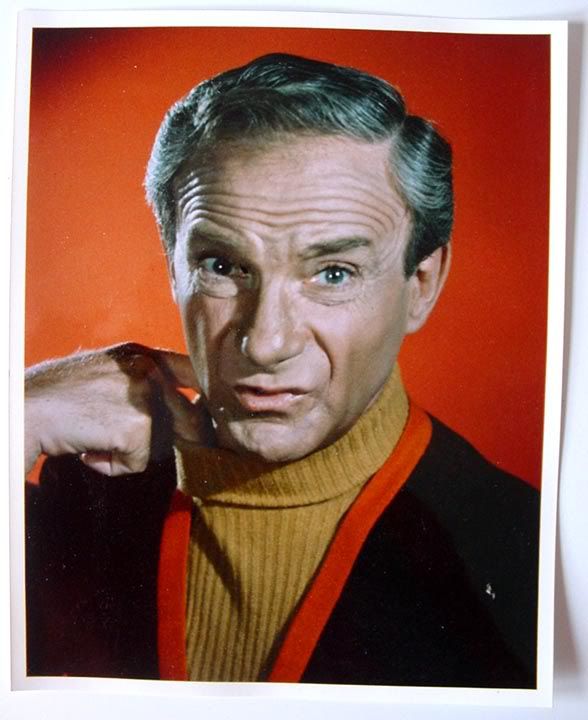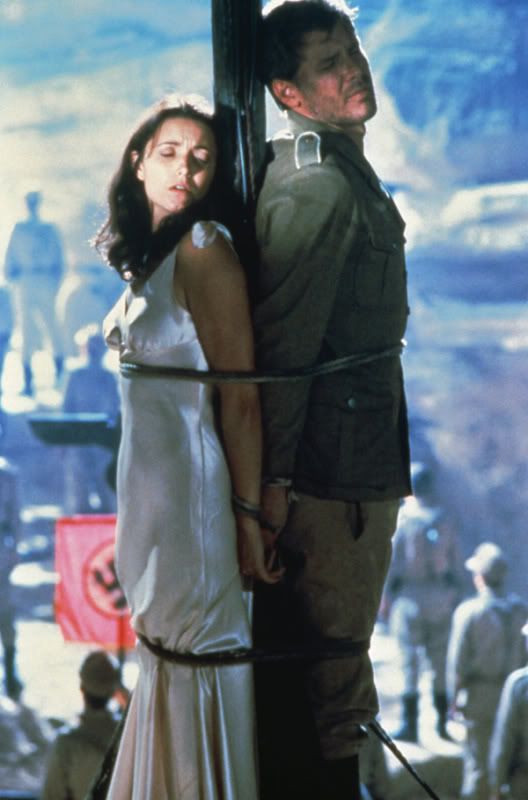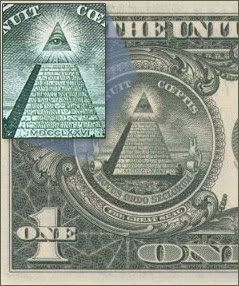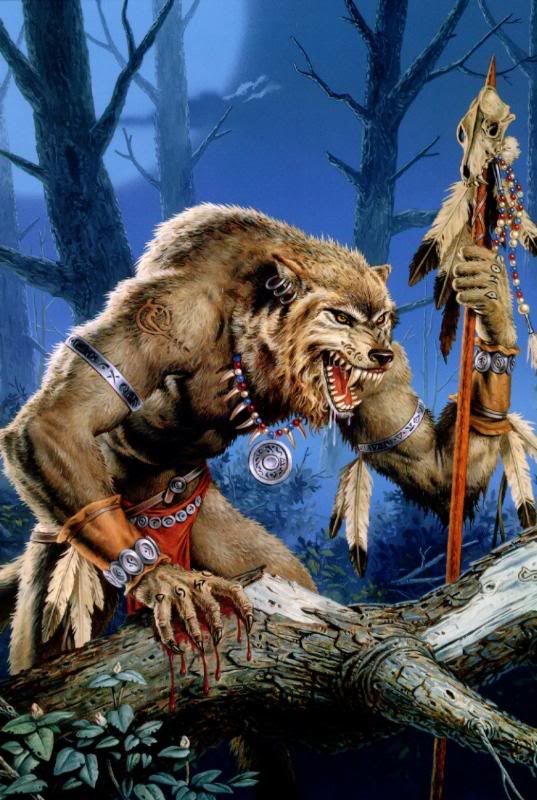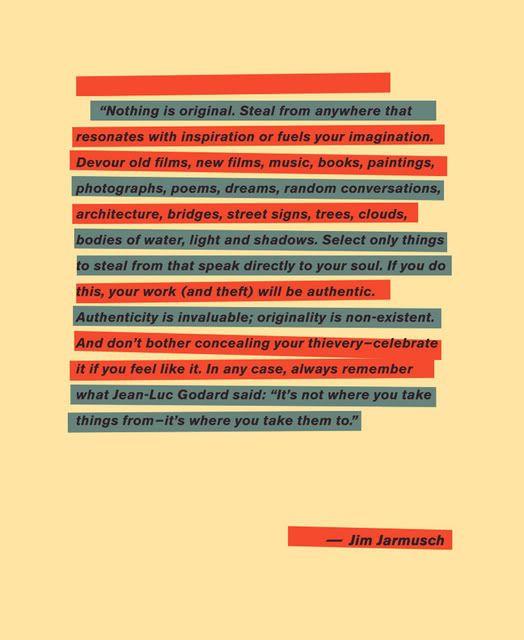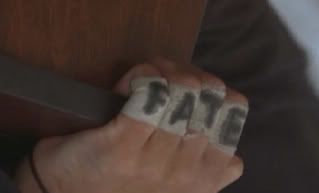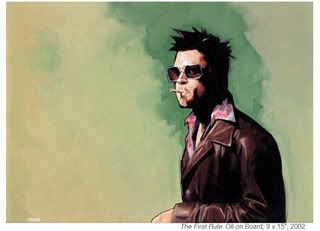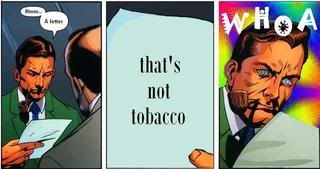A man takes a restless glance at a woman passing by. A girl flutters her eyelids at a cute boy. A child cries himself to sleep at 2'Oclock in the morning. Small tragedies in the course of the day, all brought together by one small connection... What is the first thing you see when you stare at another's face? Is it their rather bulbous nose? Their acne-scarred cheeks? The long, crinkled hair dangling gracelessly from their chin? No, the answer, for most, is the eyes, the window to the soul, to the sea of restless waters, plentiful valleys, and disease inside, beautiful blue, brown, black, green, billions upon billions of combinations of hues, shades, and vomit-themed tinges. For thousands of years the eyes have been seen as a symbol of power, of knowledge, of even the sun. And they are right; there is something special about the eyes. The right pair can stun me into silence, absorb me into their own inner horror, or cause me to immediately thrust hatred toward them. Yet they are all beautiful, showcasing the gods' presence in humans. Perfectly cylindrical, with circles layered upon circles, with intricate red scribbling lines zigzagging along the edges. Fragile, white, beacons to the creature inside.
In much of the ancient world it was believed one could bestow a curse on another by giving them an evil glare. So was the power held within, a person could curse another by simply staring at them the wrong way, quite accidentally. And the results could be disastrous: bad luck, disease, and even death! According to Wikipedia, praise be upon it, the ancient Greeks also believed in the “evil eye”, even going as far as rumor-mongering about the great Socrates, claiming he “possessed the evil eye […] his disciples and admirers were fascinated by Socrates' insistently glaring eyes. His followers were called Blepedaimones, which translates into demon look, not because they were possessors and transmitters of the evil eye, but because they were suspected of being under the hypnotic and dangerous spell of Socrates.” Many cultures throughout the world have gone to great lengths to void off the all threatening eye, fashioning talismans and hamsa to ward the threat off. Wikipedia bestows its unquestionable knowledge on me again: “It is tradition among many Muslims, that if a compliment is to be made, you are always supposed to say "Masha’Allah” to ward off the evil eye; it literally means ‘whatever God wills’.” Muslims take this eye stuff seriously, and so do many other cultures: the Greeks, ancient Romans, Jewish tradition, Indians, Muslims, some Latin Americans, and Voodoo practitioners.
And one need not look far to find evidence of this. In Oedipus Rex, by Sophocles, Oedipus stabs out his eyes upon discovering the terrifying knowledge of his birth. He was blind, even though he could see, and Tiresius, who was blind, could see. The eye is used as a metaphor for knowledge. But counter intuitively, Sophocles warns his audience about the danger of optical vision. Being able to see, that act itself, makes us figuratively blind, and lack of eyes, well that gives us knowledge. Does having the ability to perceive the universe corrupt it? Alan Watts once claimed, “Things are as they are. Looking out into it the universe at night, we make no comparisons between right and wrong stars, nor between well and badly arranged constellations.” But we do do that. We classify, order, file things into species, orders, families, genres, sizes, weights, heights, beauty, everything, and we shove it neatly somewhere in a filing cabinet. And this is the very essence of science! The act of grouping things together. But one has to wonder... would we do this if we couldn't see? Do the eyes give us power over the universe that we wouldn't otherwise have?
A famous experiment conducted by quantum theorists involved firing electrons through two slits. When only the outcome was observed, it appeared the electrons acted like waves, but when the scientists actually watched the electrons pass through one of the slits, they acted like particles. By watching the event, they changed its outcome. Take a ball and bounce it in the street. It has equal odds to be anywhere on the street, but by observing you choose its placement. So in truth, you are affecting the reality around you by watching it. According to an article passed widely around on the internet, astronomers may have unwittingly hastened the end of the universe by looking at it. Not to go into too much detail, but apparently the universe may have been supposed to reset, but because we observed it, it continues to expand outward. Theorists believe “a strange yet-to-be detected form of energy called dark energy pervades the universe […] Dark energy is a result of the Big Bang and is accelerating the universe’s expansion. If so, the universe is not in a nice stable zero-vacuum state but simply another ‘false vacuum’ state that may abruptly decay again.” They continue by saying the longer the "reset" button isn't pressed means the better the universe has of becoming stabilized. But the bad news, the article claims, is that the quantum effect may have prevented the universe from "resetting" and now the universe is more likely to decay. The eye makes men into gods, gives us power superman could only dream of.
The eye is what gives us the power over others. The United States knew that when it put the all-seeing eye on the dollar bill, so did George Orwell, and the idea has crossed over into modern culture. Often the television show LOST will open in on a close-up of someone's eye, as do many shows and movies. And of course, the scene in the Raiders of the Lost Ark where Indiana closes eyes so he isn’t mutilated by the Arc of the Covenant. But I have to wonder, what would the universe be like if we couldn't see it? What would we be like? Living in complete darkness. Would we feel more one with our reality? Would we be in harmony, peace? Maybe to be truly enlightened, one has to SEE that he or she isn't supposed to SEE.
Eyes are terrifying. How else could Medusa turn whoever stared at her to stone? Why would the biblical character turn to ash when she turned around to see her fallen city? Why couldn't Psyche gaze at her lover? Because they would gain power over them, simply by observing their form. If all of this is to be believed, you are the one ultimately in control of the world around you. Your thoughts, your ill-will (be an angry gaze at another) has the power to affect the “real” world in “real” ways. We often see ourselves as victims of the outside, but are we instead victims of the inside? Our own poisons seeping out of our skin and polluting a sandbox. Alan Watts said these words, and I often wonder if they were not true:
I wonder, I wonder, what you would do if you had the power to dream at night any dream you wanted to dream. And you would of course be able to alter your time sense, and slip seventy-five years of subjective time into eight hours of sleep. You would I suppose start out by fulfilling all your wishes. You could design for yourself what would be the most ecstatic life: love affairs, banquets, dancing girls, wonderful journeys, gardens, and music beyond belief. And then after a couple of months of this sort of thing at seventy-five years a night, you’d be getting a little taste for something different, and you’d move over to an adventurous dimension, where there were certain dangers involved, and the thrill of dealing with dangers. And you could rescue princesses from dragons, and go on dangerous journeys, and eventually get into contests with enemies. And after you had done that for awhile, you’d think up a new wrinkle, to forget that you were dreaming, and think that is was all for real.
Is reality just a dream that we forgot to wake up from?
Would there even be a universe without something to observe it? Do the two complete each other, humans and the universe? Just like Aristophanes described man and woman at one time being one, so is the universe and man. Maybe the itch in your shoulders isn't only the longing to return to stability of "oneness with your mate", but also with the universe itself; to return to the peace of death, to finally be free from the chaos of life and just BE?
